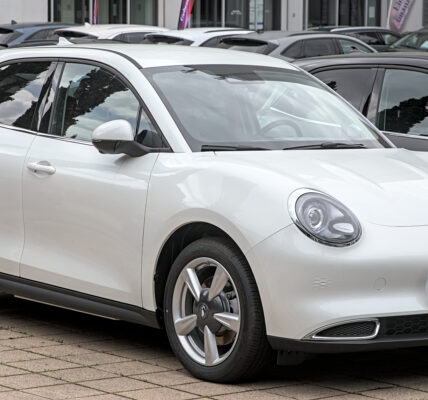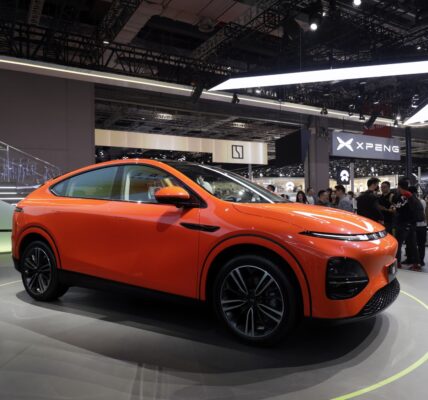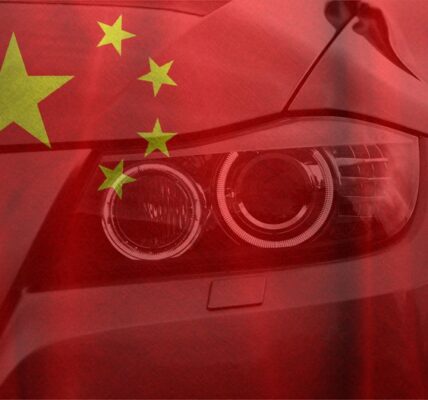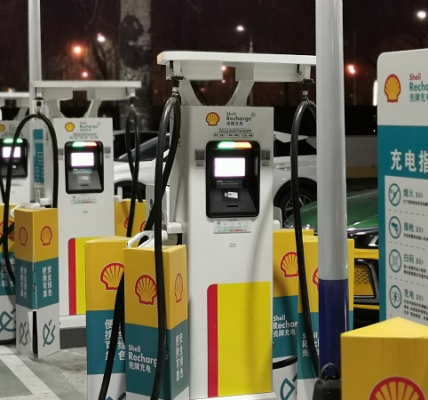The Chinese government plans to tap all the policy resources available to create a made-in-China electric vehicle supply chain, pressing three state-owned automakers to spend more on R&D.
Business executives and senior government officials involved in EV policy announced plans that would support the growth of the industry at the annual China EV 100 Forum held in Beijing from March 15–17.
Wan Gang, a former science and technology minister, who heads the committee that oversees the forum, called for stepping up innovation in semiconductors and other areas that are crucial to EVs and autonomous driving.
China’s new energy vehicle industry, which includes EVs and plug-in hybrids, has now gained the “new quality productive forces” called for by Chinese President Xi Jinping, Wan said.
Zheng Shanjie, the director of the National Development and Reform Commission, which steers economic policy, said China plans to beef up the supply chain for semiconductors and other automobile components.
Shan Zhongde, a vice minister at the Ministry of Industry and Information Technology, which oversees auto sector policy, outlined a strategy to support market growth by encouraging consumers to replace old vehicles.
The Ministry of Housing and Urban-Rural Development promised to resolve the lack of charging infrastructure and parking spaces. The Ministry of Commerce said it will ease the insurance burden shouldered by consumers purchasing NEVs.
Gou Ping, the vice president of the State-Owned Assets Supervision and Administration Commission, revealed plans to raise development capacity at three automakers: China FAW Group, Dongfeng Motor, and Chongqing Changan Automobile.
Beijing will likely instruct the three automakers to pour more money into development, even if their profits take a hit. The initiative is expected to include technology that incorporates semiconductors.
While private-sector EV giant BYD is leading in the NEV industry, along with automakers owned by local governments, such as Guangzhou Automobile Group and Shanghai’s SAIC Motor, the central government will focus on propping up the state-owned automakers.
Top executives at the automakers shared their outlook on the market and bullish development plans for NEVs.
“The share of NEVs sold in the Chinese market will potentially exceed 50% in the next three months,” said BYD Chairman Wang Chuanfu. The penetration rate reached 48.2% in the previous week, he said Saturday, citing auto insurance data, but added that stiff competition has started to weigh on the finances of some companies.
“Companies need to create economies of scale as quickly as possible and develop competitive advantage for their brands,” said Wang.
He Xiaopeng, CEO of EV startup Xpeng Motors explained how his company plans to realize fully autonomous driving.
“This year, we will invest about RMB 3.5 billion (USD 486 million) in R&D for intelligent driving” such as self-driving tech, He said. The Xpeng chief added that the company will announce within the next month new models priced between RMB 100,000–150,000 (USD 13,880–20,830), making them the least expensive EVs in the lineup.







